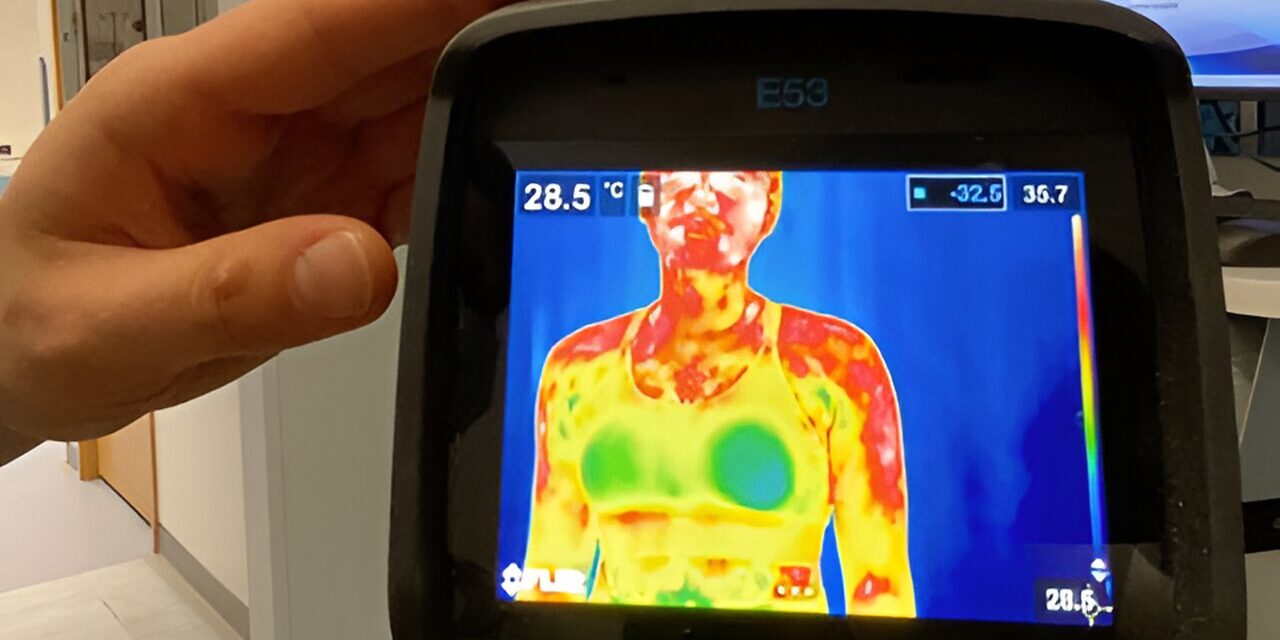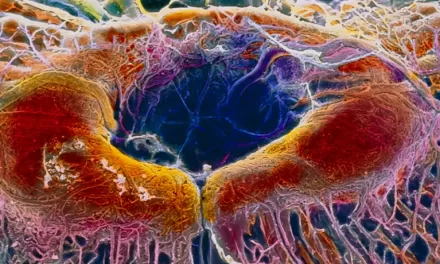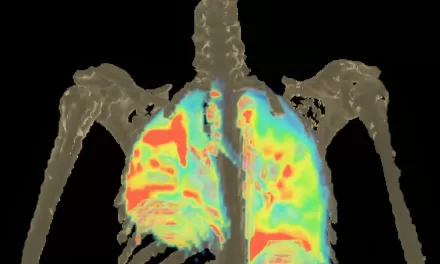BRISBANE, AUSTRALIA – Researchers at the University of Queensland (UQ) are pioneering a nanotechnology-based approach to significantly improve treatment outcomes for triple-negative breast cancer (TNBC), one of the most aggressive and deadly forms of the disease.
Led by Professor Chengzhong (Michael) Yu, a team at UQ’s Australian Institute for Bioengineering and Nanotechnology (AIBN) is developing novel nanoparticles designed to enhance the effectiveness of immunotherapies against TNBC. This breakthrough research comes at a critical time, as TNBC, while accounting for only 10 to 15 percent of new breast cancer cases, is responsible for a staggering 30 percent of breast cancer-related deaths in Australia each year.
“TNBC presents a significant challenge because its cancer cells lack the protein targets that other cancer treatments rely on,” Professor Yu explained. “This limits the effectiveness of many standard therapies, and even immunotherapy, which has shown promise in treating other cancers like melanoma, has limited success against TNBC.”
The limitations of immune checkpoint inhibitors (ICIs) in treating TNBC have spurred Professor Yu and his team to seek innovative solutions. With the support of a $3 million Investigator grant from the National Health and Medical Research Council (NHMRC), they are focusing on creating a “nano-adjuvant.” This sub-microscopic particle aims to supercharge the immune response in TNBC patients.
The nano-adjuvant is designed to boost the performance of T-cells, the critical white blood cells responsible for fighting diseases within the immune system. By enhancing the activity of these T-cells, researchers hope to significantly improve the efficacy of immunotherapies in treating TNBC.
“Our goal is to create a more effective treatment option for patients facing this aggressive form of breast cancer,” Professor Yu stated. The team’s work represents a significant step forward in the fight against TNBC, offering hope for improved patient outcomes.
Disclaimer: This article is based on information provided and should not be taken as medical advice. The nanotechnology innovation described is currently in the research and development phase. Clinical trials and further studies are necessary to determine its safety and efficacy for human use. Individuals with concerns about breast cancer should consult with their healthcare providers for professional medical advice.












